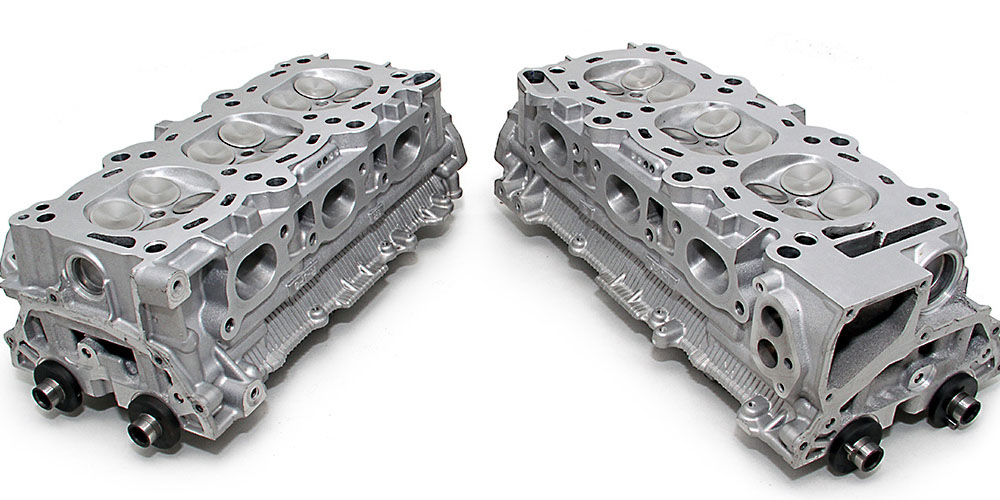Aluminum machining involves the creation of aluminum parts for various applications. Its popularity can be attributed to its excellent properties, making it an excellent choice for most industries. Processing it requires high precision and expertise from the machine operator since it’s prone to part deformity. However, if carefully worked on, it produces good parts that are durable and have good strength. Aluminum machining accommodates different grades, worked on depending on the applications’ needs. We look at various aluminum material grades below.
Various Aluminum Material Grades Available
These grades allow customers to choose what suits them best. They have similarities and differences, especially in their physical and mechanical properties. The grades that CNC machining companies work with include;
1. Aluminum 6061
It is among the most popular aluminum grades used in machining. The grade is easy to weld and also has excellent mechanical and physical properties. This grade is commonly referred to as extruded grade since it possesses properties like medium-high strength, toughness, corrosion resistance, and workability. Aluminum 6061 is an alloy of magnesium and silicon, making its strength levels lower than pure aluminum.
2. Aluminum 2024
This grade is known for its high fatigue resistance and other mechanical properties like excellent strength and vulnerability to heat shocks. Aluminum 2024 is used extensively in the aerospace industry to develop planes, engine parts, propellers, and other parts. It is also used in military applications to make firearms considering its light in weight and for military vehicles. The aluminum grade has several benefits and drawbacks too. Some common disadvantages include its inability to resist corrosion and poor welding capabilities.
3. Aluminum 7075
This type of aluminum comes in second after Aluminum 6061 in popularity. This grade is an alloy of aluminum and zinc metals. Though pretty common in machining processes, it is costly compared to other grades. It is requested mainly by customers wanting to develop rigid and sturdy components like mountain climbing equipment, airplane parts like wings and fuselages. It does not respond well to welding but has good fatigue strength. Its corrosion resistance level is higher than that of other grades like Aluminum 2000.
4. Aluminum 5052
It is an alloy of chromium and magnesium metals. The metal alloy is among the most versatile aluminum alloys and is a non-heat treatable sheet hence its popularity. It is suitable for heavy-duty components but can also be used in simple items like kitchenware. Aluminum 5052 is easy to weld, has high fatigue strength, and has high corrosion resistance. Its many benefits make it ideal for use in multiple applications. The alloy is easily bent and shaped into different parts. It is used in applications such as CNC machining, architecture, transport, and home and office.
5. Aluminum 6063
The grade is an alloy with magnesium and silicon elements. It is mainly used in extrusion applications and allows the formation of complex shapes with a smooth finish like in architecture. It has good weldability, is durable, and responds well to heat.
Bottom Line
Aluminum is a versatile metal suitable for several applications. It’s divided into grades with varying properties based on the metal components they have. The different aluminum grades available provide you with a wide selection, but it can be challenging to pick one. It’s essential to involve an expert in the machining process to guide you and make the process easy.
